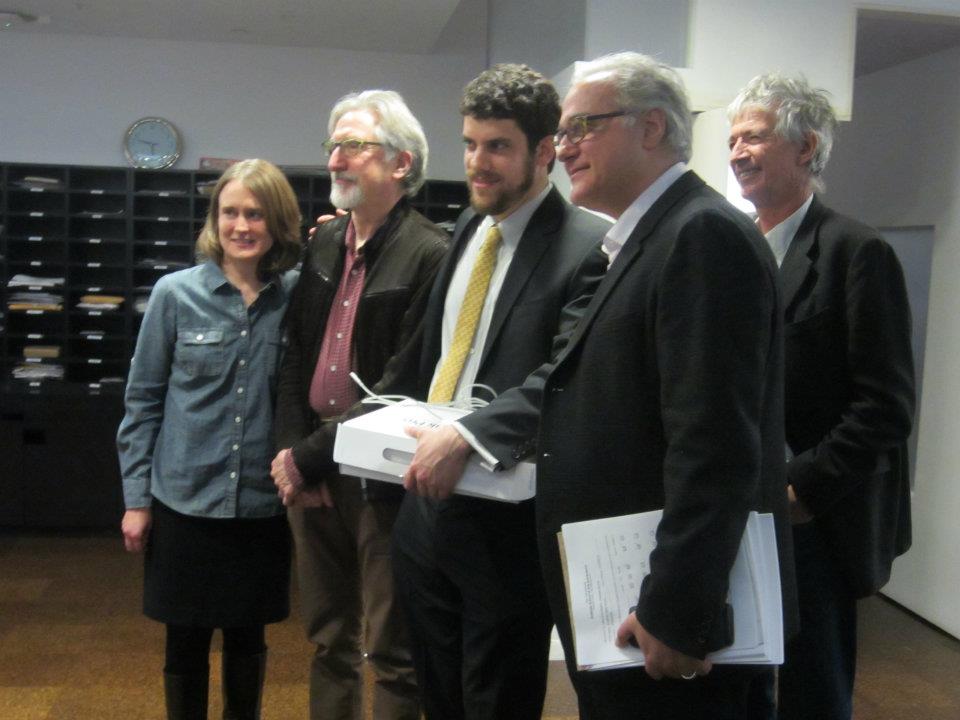
NYU, May 2012
Committee chair: Paul Boghossian.
Committee members: Ned Block, David Chalmers, Sharon Street.
Outside reader: Paul Horwich.
Abstract:
Consciousness is a sharp contour in the world. It is sharp – there is no such thing as a borderline case of consciousness. The light may be brighter or dimmer, but being dimly on is a way of being on. And it is a contour – there is an ontologically significant contrast between anything that is conscious and anything that is not.
The material world, however, is a gradual place. With a powerful enough microscope, everything looks cloudy, and there are only sharp contours in nature very rarely – some at the quantum level, some dealing with thresholds of fundamental phenomena like gravity. Most contours that appear to be sharp (like the difference between a neuron that has fired and one that has not, or the difference between being alive and being dead) are actually quite gradual on a fine enough scale.
This is a problem if we hope to find a place for consciousness in the material world. One strategy for solving the problem is to hold that ‘Phenomenally Conscious’ actually is vague – that there can be borderline cases of consciousness – even though it takes some work, and perhaps empirical discovery, to see how. Then we can say that consciousness is a contour, but deny that it is a sharp one. After a first chapter of literature review, in chapters two and three of this dissertation I argue that this strategy is not open to those who take the epistemic gap seriously: they must say that the concept ‘Phenomenally Conscious’ is not vague. In chapters four and five, I argue that we cannot dispense with the thought that consciousness is a contour, and I argue that if ‘Phenomenally Conscious’ is sharp, this is a genuine problem for theories according to which consciousness is an emergent part of ordinary material reality. If consciousness is a sharp contour, we must either take the concept ‘Phenomenally Conscious’ to describe something immaterial, or take it to describe far more of ordinary material reality than we might have supposed.